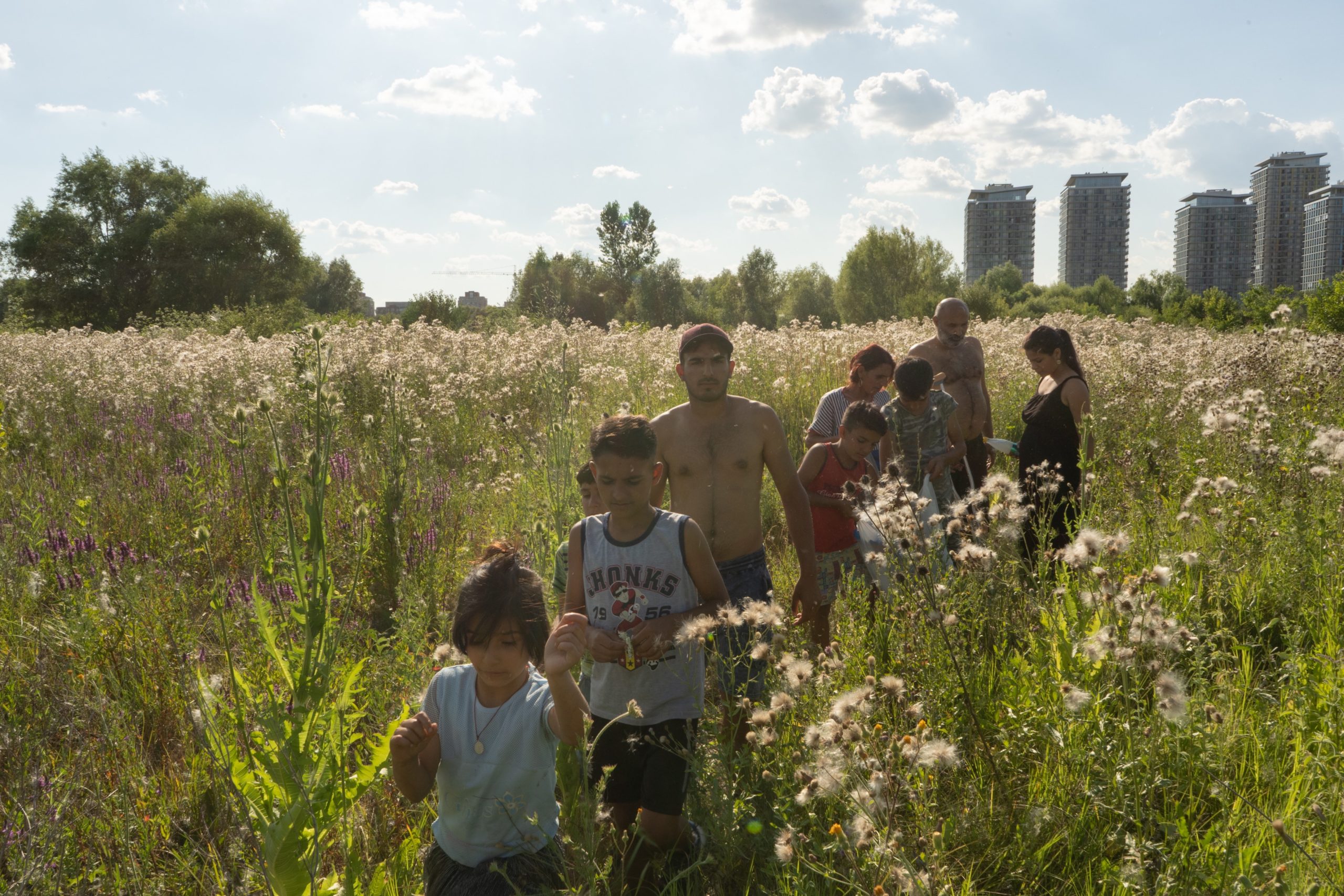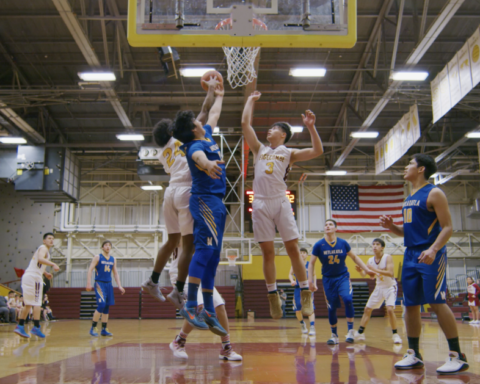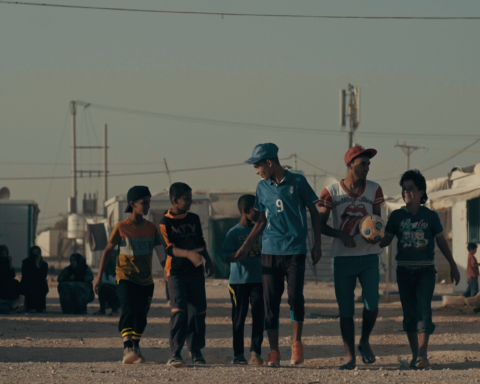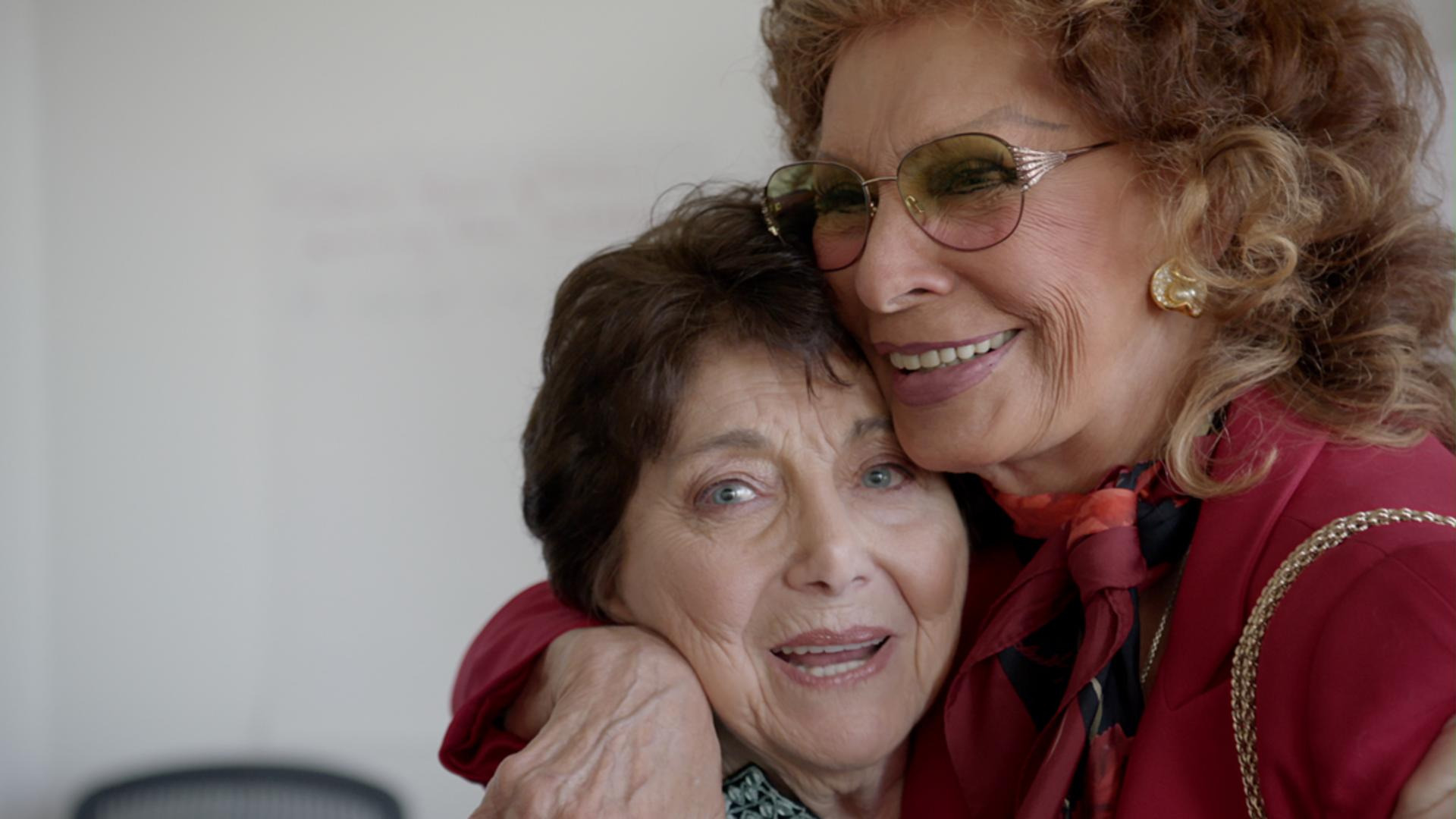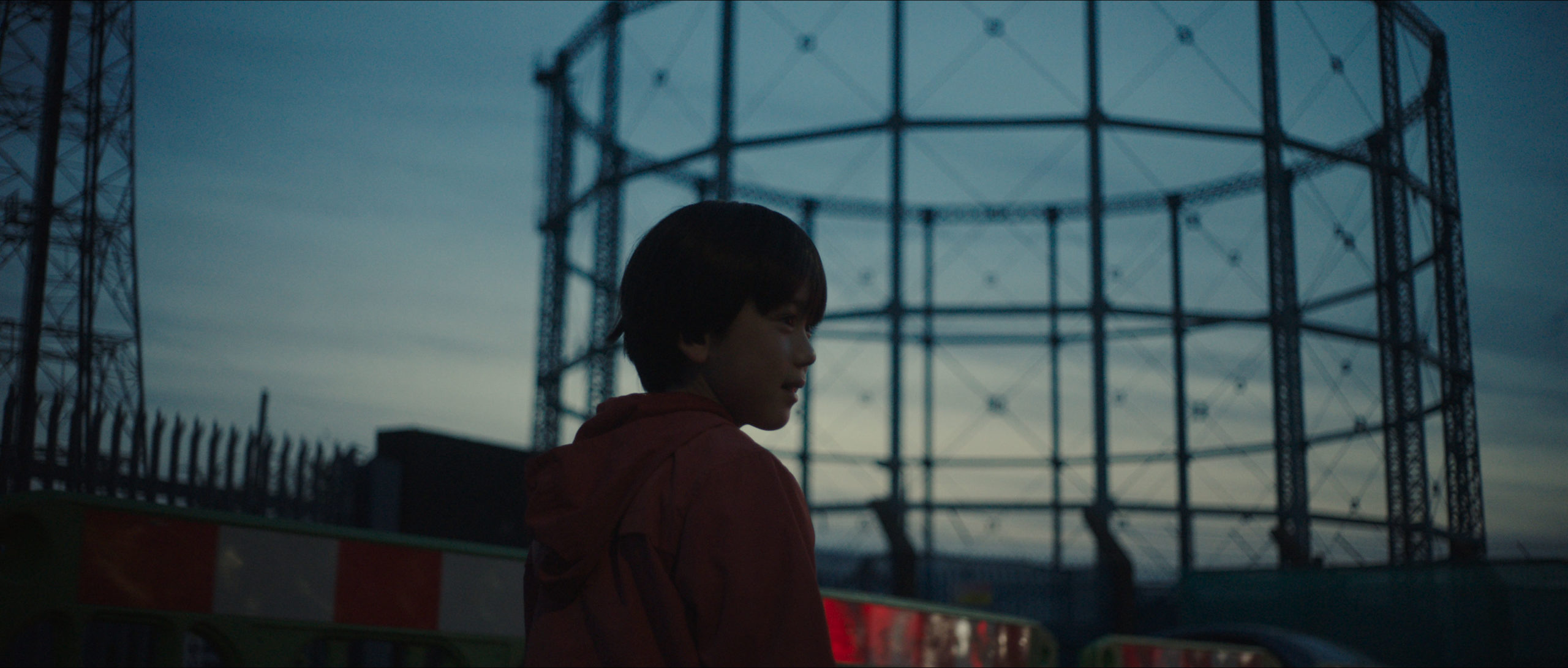Acasa, My Home
(Romania, 86 min)
Dir. Radu Ciorniciuc
Winner of the Sundance World Cinema special jury Prize for Cinematography, Rumanian Radu Ciorniciuc’s debut feature Acasa, My Home brilliantly plays up the contrasts between living in urban and rural environments. The film starts in the recent past when the Enache family lived in the Bucharest delta region, Văcărești. Literally at the outskirts of Romania’s capital city, Bucharest, Gica Enache’s wife and nine kids were the only people living in Văcărești until environmentalists forced the government to turn it into Europe’s largest protected park.
The audience is introduced to the wildly diverse environment through the Enache kids, who are led by the oldest boy, Vali. You see him catching fish, swimming and with the others, running through fields, and up hills, to their home, a ramshackle construction of abandoned wood, steel, glass and flotsam and jetsam. In many ways, life is idyllic for the kids but it’s also clear that they’re in poverty since the patriarch Gica is far more successful talking than working.
Then things change. Once the Văcărești Park region is created, the police, environmentalists and the media arrive. Gica Enache is briefly lionized and then quickly moved off with his family to a cheap apartment, where the basics are provided including schooling for the kids. Life, previously primitive but natural, is transformed into being a part of the typical poverty-stricken urban environment today. TVs, computers, cell phones, t-shirts, jackets, and parties utterly change the children from innocents into sulky inner-city kids. Vali’s attention moves to his new girlfriend and a life apart from the family.
Before he leaves, Vali and the other kids reflect on what’s happened to them. It’s been a big change, one that they can’t really think through at this stage in their lives. Here’s what makes the film so remarkable: the audience is left to analyze the situation. Was life better for them, living in nature? If that’s so, are there reasons to go the city anyway? After all, it’s the 21st century—you can’t stay in the past forever.
Radu Ciorniciuc spent years with the Enache family. The film achieves a rare intimacy thanks to the documentarian’s trusted relationship with his subjects. A confrontation between Vali and Gica could never have been shot with such cool dispatch had Ciorniciuc not won their respect. Nor could the constant interplay shown among the kids. Or the fiery relationship Gica has with the world. You really get to know the family and become interested in what happens to them. This is a humanistic, finely constructed and shot debut feature.
Acasa, My Home is now available through virtual cinemas.




